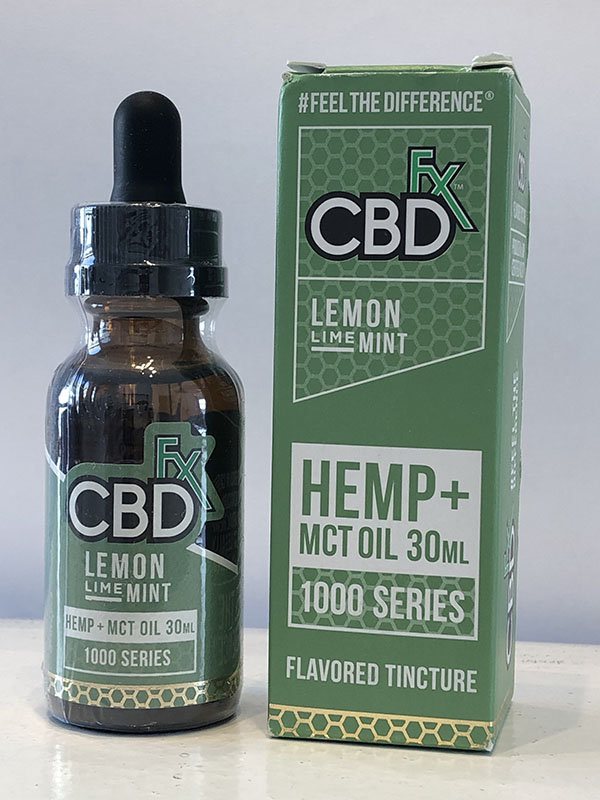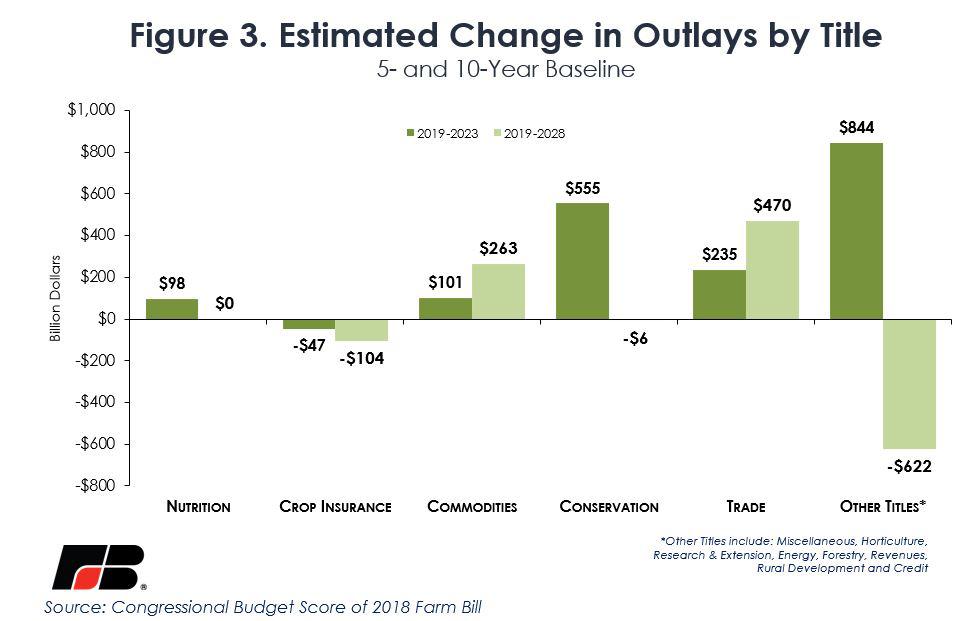
Hemp oil can be good for hair, as you may have heard. This natural moisturizer contains protein, anti-inflammatory and repair cuticles. It can also help regulate sebum. Keep reading to find out what makes hemp oil so great for your hair.
Hemp oil can be used as a moisturizer.
High levels of fatty acids, lipids and hemp oil add body and moisture for hair. Hemp oil gives hair a beautiful shine by strengthening the hair follicles. It also continuously absorbs moisture from your scalp, keeping it from drying out and becoming dry.
Apart from providing nourishment to your hair and skin, hemp oil can also be used to sooth itchy scalps. You can mix it with shampoo and conditioner, or apply directly to your scalp. To avoid allergic reactions, it is important to first do a patch test.
It has proteins
Hemp seed oils contain proteins that have been shown to increase hair growth and strengthen hair. However, there has not been any research that supports the claims of hemp seed oil having such an impact on hair strength. Hemp oil, in addition to its high levels of protein, also contains fatty acid, which nourish and reinforce the hair. It promotes hair growth and healthier hair.

Keratin is a protein found in about 90% of hair. It is important for maintaining hair quality and preventing loss. These proteins can be found in hemp seed oil. This helps stimulate hair growth and improve blood circulation. It also contains essential vitamins and minerals that are essential for healthy hair.
It has anti-inflammatory properties
Hemp oil is a great oil for hair. It contains anti-inflammatory qualities and can be used in order to give your hair a stronger, silkier, healthier look. It is used to condition hair and aid in hair growth.
Hemp seed oil is rich in essential fatty acids and natural moisturizers for hair. It contains 80% of these essential fatty acid. It also contains vitamin A, which promotes skin regrowth. It can also help with hair strength and elasticity. Hemp oil can also be used to treat psoriasis by its anti-inflammatory and antibacterial properties.
It repairs cuticles that are damaged
Hemp oil hair-repair products can help restore the health and beauty of your hair. They can also encourage hair growth. The oil's protection properties can help heal many types infections, including those that affect the hair and scalp. It can soothe inflammation and help reduce itching. It can also be used for dry hair, cuticles that are damaged, and scalp rashes.
The oil also has many other benefits such as strengthening your hair and making it silkier. You can use it before washing your hair to help repair damaged cuticles. It will also prevent hair loss and reduce dandruff. It can also increase your hair's texture.

It strengthens hair roots
Hemp oil is a natural plant-based product that helps strengthen hair follicles. It is rich in essential nutrients and fatty acid. It is an anti-inflammatory and natural conditioner. This helps balance sebum and strengthens follicles. It can also be used as a moisturizer.
Hemp seed oil contains a variety of beneficial properties, including vitamin E, which has natural antioxidant properties and helps reduce oxidative stress on the scalp. It also improves blood flow, which aids in scalp health.
FAQ
How do prices for CBD differ across states?
Prices for CBD products can vary depending on where you live. You can even find prices that are more than 10 times higher in some places!
Prices tend to increase as you move further north. CBD can be found in Alaska at $35 per kilogram, and Hawaii at $200 per grams.
This trend is evident throughout the country. Prices range from $5 up to over $2,500 for a gram.
This is why?
Prices vary because of different levels of regulation. Some states require that all CBD products contain very little THC (the psychoactive component of marijuana). Others don't care about the amount of THC present.
This is why some companies decide to sell products in one country and then send them to another.
Is CBD a good place to invest?
As people learn more about the benefits of hemp-based products, the market for them continues to grow. According to some estimates, there will be 1 billion dollars worth of hemp-based products in stores by 2022.
The market is expected to continue growing at over 20% per year until 2020 when it reaches $2.5billion.
Hemp oil has been used in many beauty products and health care products including creams, lotions.
There are many CBD-infused food items, such as snacks, dog treats and pet foods, that can be produced by companies.
CBD is currently legally available in all 50 States. However, this could change soon. CBD is legal in all 50 states, but more research will be conducted to determine its potential uses. Businesses will have an easier time operating legally.
With these factors in mind, it's clear that investing in CBD can be a lucrative venture.
What are the best uses of CBD?
CBD can be used as an alternative to anxiety treatment. It can also be used to treat pain and inflammation, depression, epilepsy, epilepsy, pain, and other conditions.
CBD can be consumed in many different ways. You can eat foods containing CBD, drink CBD tinctures, vape CBD e-liquids, apply CBD creams and salves, or even put CBD drops under your tongue.
There are many benefits to consuming CBD. It has been shown in studies to alleviate chronic pain, PTSD, anxiety, among other things.
Where can I get CBD products?
CBD can be purchased online or in local shops. Online retailers are more likely to offer you better deals. Many websites will sell CBD products that contain industrial hemp. It contains less than 0.3% of THC.
Look for local businesses that sell CBD products.
There are laws in many states that allow CBD products to be purchased without the need of a prescription. You may be able buy CBD products from your local pharmacy if you are a resident of one of these states.
CBD products can be delivered directly to your front door.
How can companies successfully market CBD products in a regulation-compliant manner?
The FDA doesn't regulate hemp as an agricultural commodity. The Controlled Substances Act governs all other cannabis derivatives, such as marijuana. CBD has yet to be subject to specific regulations.
CBD is legal in 29 states. Federal law, however, still considers it illegal. Businesses looking to sell CBD products are left in uncertainty.
The FDA also sets strict guidelines about how CBD products are promoted. The FDA requires that all CBD products clearly disclose their THC content. Without supporting scientific evidence, CBD cannot be claimed to treat certain medical conditions.
Additional information is required by the FDA regarding manufacturers' manufacturing practices, quality control measures, and other details. To prove safety and effectiveness, they require that companies conduct clinical trials.
Companies should consider these factors when developing their own marketing strategies.
What is the future of the CBD industry?
The future looks bright for CBD. It's clear to see why so many people have jumped on this industry. With CBD products making up over $1Billion worldwide, it's easy for people to see why this market has grown exponentially.
Statista predicts that global sales of cannabidiol in 2019 will reach $22.4 million. This is almost 200% more than 2018!
It is also expected that the CBD market will grow at a compound annual growth of 22.5%. That would translate to approximately $6.8 million in revenue by 2020.
This is good news for both companies that want to enter the CBD market and those who are already in this sector. However, the CBD market is still in its infancy. This means that there will be challenges.
Statistics
- As a substance that was federally illegal before the passage of the 2018 Farm Bill, hemp-derived cannabinoids with no more than 0.3% THC still face a regulatory grey area. (forbes.com)
- OralWhere HED is the human equivalent dose, and Km is a correction factor estimated by dividing the average body mass (BM) of the species (60, 0.020, and 0.150 kg for 11 humans, mice, and rats, respectively) and by its surface area (see: Nair et al. (ncbi.nlm.nih.gov)
- CBD seems unlikely to directly influence sleep in healthy humans [115] (and maybe “sleep-promoting” in those with certain comorbid conditions) (ncbi.nlm.nih.gov)
- The inhibition of FAAH is predicted to lead to an increase in brain and plasma concentrations of AEA, which acts as a partial agonist at CB1R and CB2R, thereby increasing endocannabinoid tone [92, 110]. (ncbi.nlm.nih.gov)
- however, one study also found that these effects were virtually abolished when the original media (a nutrient broth agar) was replaced with one containing 5% blood (increasing the minimum concentration to ~160 μM CBD) [179]. (ncbi.nlm.nih.gov)
External Links
How To
What are the issues that the CBD industry faces?
The market for CBD is growing at an astonishing rate. Businesses looking to get into this market face many obstacles. There are many challenges facing businesses looking to enter this space, including low consumer awareness, high costs of entry and limited access to capital.
Many consumers aren't aware of the benefits and limitations of CBD. This makes it difficult for consumers to make informed decisions on whether or not they want CBD products.
As a result, most CBD companies rely heavily on word-of-mouth marketing. This can be costly as it involves advertising and staffing to promote the brand.
Another issue facing new entrants into the CBD industry is the high cost of production. The raw materials needed to create CBD products are quite expensive. CBD oil can only be made if hemp is grown in the right climate and soil conditions.
Growing enough hemp to make CBD oil takes around $1,000 per acre. Many small farmers are unable or unwilling to invest in this product.
Another challenge new entrants face in the CBD market is the lack of access to capital. Due to the stigma surrounding the industry, banks discourage many people who wish to start businesses.
The sale of CBD products is still subject to regulatory uncertainty. There are no established guidelines regarding the marketing of CBD products.
Although states have passed laws restricting CBD products sales, these policies are not yet national.
Only Nevada and Maine have so far legalized recreational marijuana.
Massachusetts and Michigan have considered similar measures.
These changes could mean that CBD manufacturers will be more competitive.
These factors lead to many entrepreneurs choosing to work from their home instead of starting a physical company.